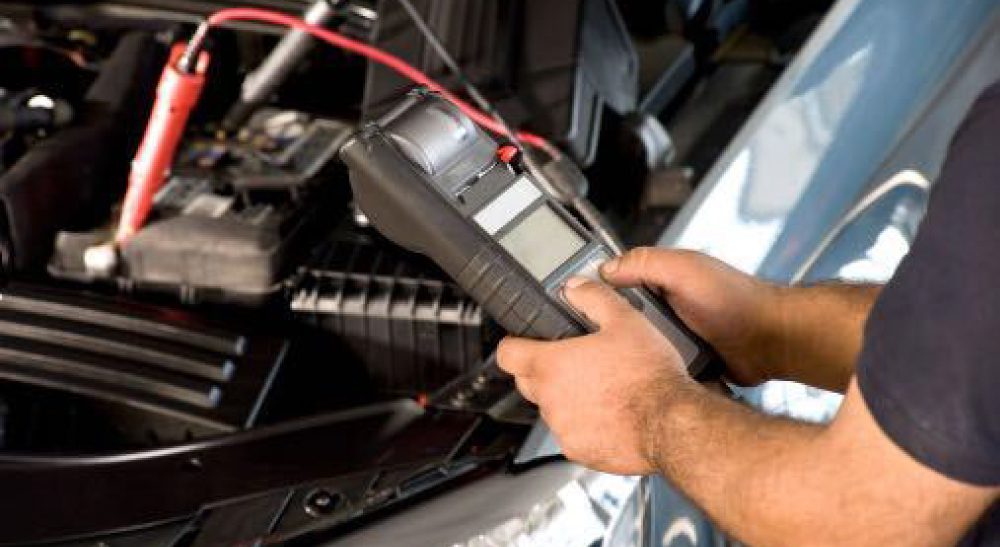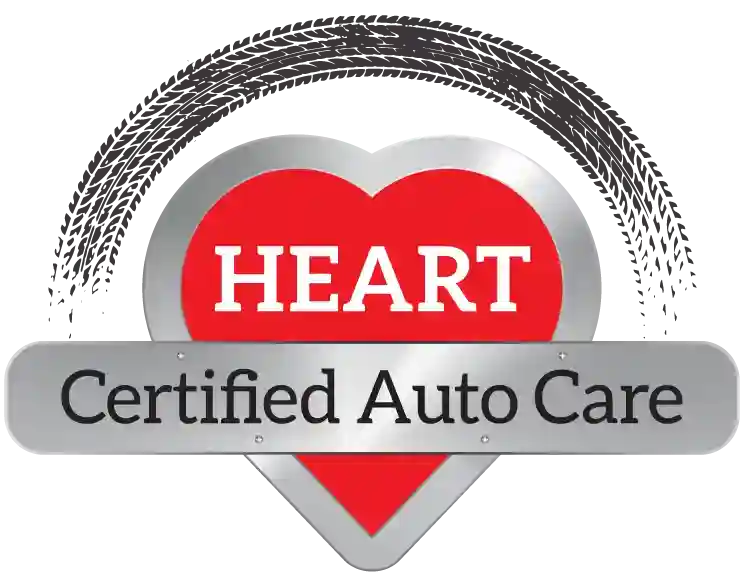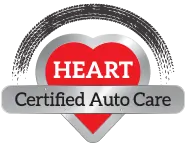Picture this! You’re behind schedule for work and run out to your vehicle, only to find that it won’t start like most other days. The headlights are faint, and the motor will not turn over. You concur that your battery is dead, but how did it happen?
A vehicle battery is one of the most critical pieces needed to drive your vehicle. It sends power from the starter engine to the flash plugs, igniting your vehicle’s fuel, while additionally giving different frameworks power. Like a drawn-out day at work after investing excessive amounts of energy with others, we leave our car batteries depleted the same way we often deplete ourselves.
A vehicle battery is one of the most critical pieces needed to drive your vehicle. It sends power from the starter engine to the flash plugs, igniting your vehicle’s fuel, while additionally giving different frameworks power. Like a drawn-out day at work after investing excessive amounts of energy with others, we leave our car batteries depleted the same way we often deplete ourselves.

What Results In Your Car’s Battery Drainage?
A dead vehicle battery can be irritating, yet it’s not hard to prevent. To assist with forestalling a dead battery, you initially need to realize what causes one.
For now, set those jumper links to the side, and look at these seven things that could clarify why your vehicle battery has failed you.
1. YOU LEFT YOUR HEADLIGHTS ON
If your vehicle battery continues to deplete, the first things to check are your lights. Numerous more-current vehicles have headlights intended to wind down after a specific measure of time. Yet, on the off chance that your vehicle doesn’t have this component, your headlights might remain on until you either turn them off or until your vehicle battery is depleted.
2. SOMETHING IS CAUSING A "PARASITIC DRAW"
Even while your vehicle is off, your battery gives capacity to things like the clock, the radio, and the caution framework. These things shouldn’t significantly affect your battery. What might deplete a vehicle battery when it’s off are things like inside lights, entryway lights, or even awful transfers.
While your motor runs, the alternator re-energizes the battery — which is the reason you regularly don’t need to stress over the battery passing on while you’re shooting the radio on your drive to work!
Be that as it may, when the motor is off, the alternator can’t re-energize the battery, permitting minimal electrical disasters to compound and deplete your battery altogether. The battery strain brought about by these electrical mishaps is known as a parasitic draw.
You can assist with keeping away from parasitic draws by winding down each light and ensuring your trunk, glove box, and entryways are completely shut and locked before leaving the vehicle.
While your motor runs, the alternator re-energizes the battery — which is the reason you regularly don’t need to stress over the battery passing on while you’re shooting the radio on your drive to work!
Be that as it may, when the motor is off, the alternator can’t re-energize the battery, permitting minimal electrical disasters to compound and deplete your battery altogether. The battery strain brought about by these electrical mishaps is known as a parasitic draw.
You can assist with keeping away from parasitic draws by winding down each light and ensuring your trunk, glove box, and entryways are completely shut and locked before leaving the vehicle.
3. YOUR BATTERY CONNECTIONS ARE LOOSE OR CORRODED
The positive and adverse terminals associated with your battery can at times shake free over the long run. These terminals may likewise become consumed.
On the off chance that your terminals become free or consumed, you may experience difficulty starting the vehicle because your battery can’t communicate its force as expected! You could even slow down while driving or harm the vehicle’s electronic components.
You can assist with forestalling erosion-related issues by consistently cleaning your vehicle’s battery terminals! In case you are uncertain about the best way to clean your battery terminals, come visit your nearby HEART Auto and have a specialist professional do it for you.
On the off chance that your terminals become free or consumed, you may experience difficulty starting the vehicle because your battery can’t communicate its force as expected! You could even slow down while driving or harm the vehicle’s electronic components.
You can assist with forestalling erosion-related issues by consistently cleaning your vehicle’s battery terminals! In case you are uncertain about the best way to clean your battery terminals, come visit your nearby HEART Auto and have a specialist professional do it for you.
4. IT'S EXTREMELY HOT OR COLD OUTSIDE
A freezing winter climate and sweltering late spring days might mess up your vehicle’s battery. Fresher batteries will in general have more protection from outrageous occasional temperatures.
However, if your battery is more established, serious cold or heat could debilitate its presentation or even reason it to kick the bucket! If you notice your battery struggling overcoming the components, come into HEART Auto for a free battery check — our auto specialists will help analyze and investigate the issue.
However, if your battery is more established, serious cold or heat could debilitate its presentation or even reason it to kick the bucket! If you notice your battery struggling overcoming the components, come into HEART Auto for a free battery check — our auto specialists will help analyze and investigate the issue.
5. THE BATTERY ISN'T CHARGING WHILE YOU DRIVE
Your vehicle depends on your battery when you fire up the motor. However, when your vehicle is running, your battery depends on the alternator to assist it with remaining charged. If your alternator isn’t working accurately, it can’t charge your battery adequately, which can make it difficult to begin your vehicle regardless of whether you were simply driving!
On the off chance that your vehicle will not begin in the wake of driving, there’s a possibility it may very well be your alternator. Bring your vehicle into a HEART Auto for a diagnostics look at to discover what the issue could be.
On the off chance that your vehicle will not begin in the wake of driving, there’s a possibility it may very well be your alternator. Bring your vehicle into a HEART Auto for a diagnostics look at to discover what the issue could be.
6. YOU'RE TAKING TOO MANY SHORT DRIVES
Turning the motor takes an enormous measure of force from your battery, yet as referenced beforehand, the alternator re-energizes your battery while the motor runs.
In case you’re often going on short drives, however, the alternator probably won’t have sufficient opportunity to appropriately re-energize your battery between refueling breaks — particularly on the off chance that you have a more established battery. Over the long haul, regular little excursions can abbreviate your vehicle battery’s life expectancy.
In case you’re often going on short drives, however, the alternator probably won’t have sufficient opportunity to appropriately re-energize your battery between refueling breaks — particularly on the off chance that you have a more established battery. Over the long haul, regular little excursions can abbreviate your vehicle battery’s life expectancy.
7. YOUR BATTERY IS OLD
Nothing keeps going forever, including your vehicle’s battery. At times, your vehicle’s battery could endure as long as five years, yet that relies upon where you live and how you drive.
Outrageous temperatures, incessant brief excursions, and general ordinary use could abbreviate the existence of your battery to a few years. If your vehicle battery bites the dust rapidly, even after a kickoff, it very well may be the ideal opportunity for another one.
Outrageous temperatures, incessant brief excursions, and general ordinary use could abbreviate the existence of your battery to a few years. If your vehicle battery bites the dust rapidly, even after a kickoff, it very well may be the ideal opportunity for another one.
In Conclusion: CHECK YOUR BATTERY AND REPLACE IF NEEDED
Is it true that you are burnt out on drawing out the jumper links each time you need to begin your vehicle? Get your battery tried for nothing at a HEART Auto close to you.
We’ll let you know how solid your battery is and how much life is left in it. Moreover, our Complete Battery and Electrical System check can assist with finding the issue in case something is depleting your battery.
What’s more, in case it’s the ideal opportunity for another battery, we’ll introduce a solid substitution battery.
We’ll let you know how solid your battery is and how much life is left in it. Moreover, our Complete Battery and Electrical System check can assist with finding the issue in case something is depleting your battery.
What’s more, in case it’s the ideal opportunity for another battery, we’ll introduce a solid substitution battery.





